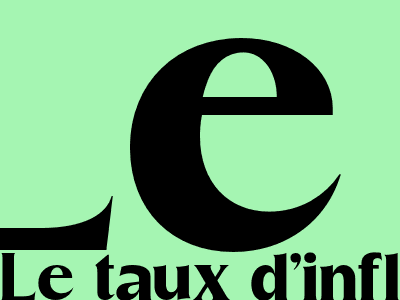
Canada's Inflation Rate Rises to 2%, Dampening Hopes for Steep Interest Rate Cut
Key Points
* Canada's annual inflation rate climbed to 2% in July, up from 1.8% in June. * The increase is largely driven by higher energy and food prices. * The Bank of Canada is expected to keep interest rates on hold at its upcoming policy meeting.Inflation on the Rise
Canada's inflation rate has risen to 2% in July, driven by higher energy and food prices. This is the first time inflation has hit 2% since April 2020.
The increase in inflation is in line with the Bank of Canada's expectations. The central bank has been gradually raising interest rates in recent months in an effort to cool inflation and prevent it from becoming entrenched.
Impact on Interest Rates
The Bank of Canada is expected to keep interest rates on hold at its upcoming policy meeting. The central bank will likely want to see more evidence that inflation is under control before raising rates further.
However, the latest inflation data raises the possibility that the Bank of Canada may need to raise rates more aggressively in the future. If inflation continues to rise, the central bank may need to hike rates more quickly in order to bring it back to its target of 2%.
Outlook
The outlook for inflation is uncertain. The Bank of Canada expects inflation to remain elevated in the near term. However, the central bank believes that inflation will eventually return to its target of 2%.
The Bank of Canada will continue to monitor inflation closely. The central bank will raise interest rates further if it believes that inflation is becoming a threat to the economy.